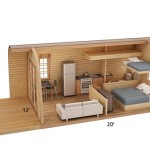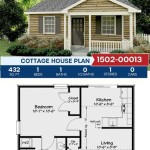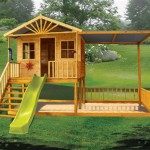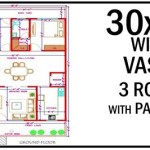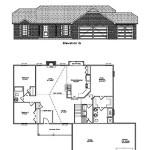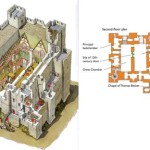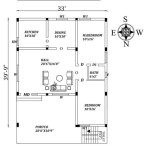Essential Aspects of House Plans for Owner Builders
Building a house as an owner-builder can be a rewarding experience. However, it's crucial to approach the project with a well-defined plan. This article delves into the fundamental aspects of house plans for owner-builders, providing insights and guidance throughout your journey.
1. Architectural Design
The architectural design encompasses the aesthetic and functional aspects of your home. Consider the style, layout, and features that align with your lifestyle and preferences. Consult with an architect or designer to create a plan that meets your specific requirements.
2. Structural Engineering
Structural engineering ensures the stability and safety of your home. A structural engineer will calculate the necessary support structures, foundations, and materials to withstand loads and environmental factors. This step is essential for the integrity of your building.
3. Building Codes and Permits
Adhering to building codes and obtaining necessary permits are paramount. Building codes regulate construction standards for safety, durability, and energy efficiency. Contact local authorities to determine applicable codes and secure building permits before commencing construction.
4. Floor Plans and Elevations
Floor plans depict the layout of each level of your home, including rooms, windows, doors, and stairs. Elevations show the exterior perspectives of your house, indicating the shape, rooflines, and window placements. These plans provide a comprehensive overview of your project.
5. Electrical and Plumbing Plans
Electrical and plumbing plans outline the electrical wiring and plumbing systems in your home. They indicate the locations of outlets, switches, pipes, and fixtures. These plans are crucial for ensuring the functionality and safety of your home.
6. Energy Efficiency
Incorporating energy-efficient measures into your house plan can significantly reduce energy consumption and utility costs. Consider factors such as insulation, energy-efficient appliances, and solar panels to minimize your environmental impact and save money in the long run.
7. Cost Estimation
Develop a realistic cost estimate based on your house plans. This will help you allocate funds effectively and avoid potential financial setbacks during construction. Consult with contractors, suppliers, and industry experts to obtain accurate cost estimates.
8. Accessibility Features
If applicable, consider incorporating accessibility features into your house plan. This may include ramps, wider doorways, and accessible bathrooms for individuals with mobility impairments.
9. Future Expansion
Anticipating future needs and planning for potential expansion can save time and money in the long run. Consider including additional foundation reinforcement, attic space, or unfinished rooms that can be converted into additional living space as needed.
Conclusion
House plans are the cornerstone of a successful owner-builder project. By carefully considering the aspects outlined in this article, you can create a comprehensive and well-informed plan that meets your specific requirements. Remember to consult with professionals and adhere to building codes to ensure the safety, functionality, and value of your dream home.

Home Designs Buy Owner Builder Plans House Floorplans

Home Plans Owner Builder Needs Armchair Blog Build Renovate Repair Your Own Save Money As An

10 Simple Floor Plans For House Builders Blog Eplans Com
Home Plans What You Need As An Owner Builder Armchair Blog Build Renovate Repair Your Own Save Money

House Plans For Owner Builders Armchair Builder Blog Build Renovate Repair Your Own Home Save Money As An

Kit Homes Houses Owner Builders Perth Western Wa
Home Plans Your Options As An Owner Builder Armchair Blog Build Renovate Repair Own Save Money
What Is The Est Type Of House To Build Blog Floorplans Com

House Construction Schedule For Owner Builders Home Build Your Own Building Design

Franklin Plan Dream House Plans Floor Blueprints

